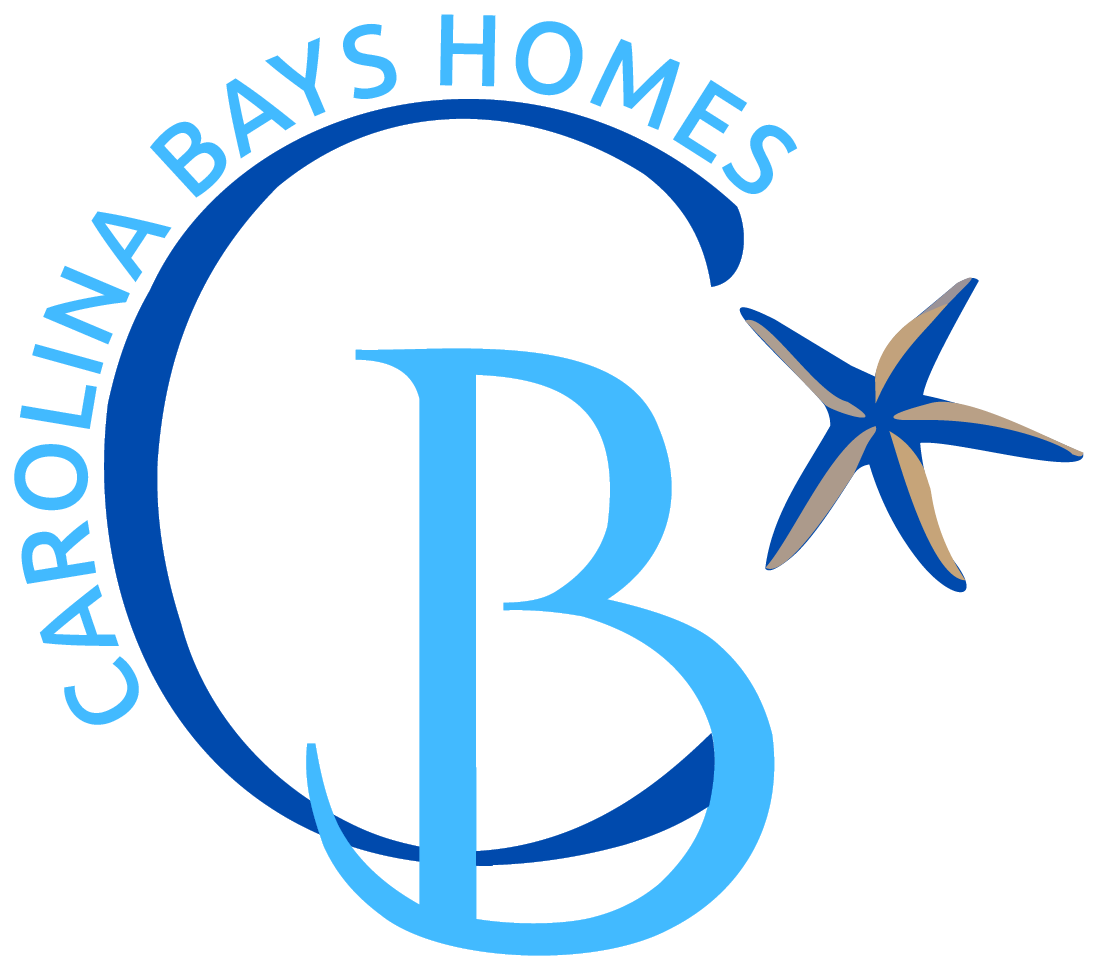How to Find the Perfect Investment Property: A Complete Guide
Real estate investing can be one of the most rewarding paths to building long-term wealth, but success starts with finding the right property. Whether you’re a first-time investor or looking to expand your portfolio, the process of identifying profitable investment opportunities requires strategy, research, and patience.
Define Your Investment Strategy First
Before you start browsing listings, clarify your investment goals. Are you seeking steady rental income, long-term appreciation, or both? Your strategy will determine what type of property to target. Buy-and-hold investors typically focus on stable neighborhoods with good rental demand, while fix-and-flip investors look for undervalued properties in areas with strong resale potential.
Consider your budget not just for the purchase price, but for ongoing expenses like maintenance, property management, insurance, and potential vacancy periods. A common mistake is underestimating these costs, which can quickly erode your returns.
Research Promising Markets and Neighborhoods
Location remains the fundamental driver of real estate success. Start by analyzing broader market trends in your target area. Look for regions with job growth, population increases, and economic diversification. Cities with major employers, universities, or growing industries often provide stable rental markets. In the coverage zone of Carolina Bays Real Estate, Myrtle Beach is still thing king interest-wise. However, there are other areas that are on the outskirts of Myrtle Beach that have equally solid opportunities such as Conway, Loris and Georgetown that have amazing growth potential and should be considered.
Within promising markets, drill down to specific neighborhoods. Drive through areas at different times of day and week to get a feel for the community. Pay attention to factors like proximity to public transportation, schools, shopping, and employment centers. These amenities directly impact rental demand and property values.
Utilize Multiple Property Search Methods
While online platforms like LoopNet, BiggerPockets, and traditional MLS listings are valuable starting points, don’t limit yourself to these sources. Some of the best deals come from off-market opportunities that require more proactive searching.
Consider working with real estate agents who specialize in investment properties. They often have access to pocket listings and understand investor needs better than general residential agents. Wholesalers can also be valuable contacts, as they frequently have properties under contract at below-market prices.
Networking within local real estate investment groups can uncover opportunities through word-of-mouth. These communities often share deals among members before they hit the broader market.
Analyze the Numbers Thoroughly
Every potential investment property should undergo rigorous financial analysis. Calculate the capitalization rate by dividing the net operating income by the property price. Most investors look for cap rates between 6-12%, depending on the market and property type.
Use the 1% rule as a quick screening tool – the monthly rent should equal at least 1% of the purchase price. While this rule has become harder to achieve in many markets, it remains a useful benchmark for initial evaluation.
Don’t forget to factor in all expenses: property taxes, insurance, maintenance reserves, property management fees, and potential vacancy losses. A property that looks profitable on paper can quickly become a liability if you underestimate these costs.
Evaluate the Physical Condition
A thorough property inspection is crucial, even for experienced investors. Major structural issues, roof problems, or outdated electrical systems can cost tens of thousands to repair. Factor these potential expenses into your purchase decision.
Pay special attention to items that affect habitability and safety: HVAC systems, plumbing, electrical panels, and the foundation. While cosmetic issues are often easy and inexpensive to address, major systems repairs can significantly impact your returns.
Understand Local Rental Market Dynamics
Research comparable rental properties in the area to estimate potential income accurately. Look at similar properties in terms of size, condition, and amenities. Online rental platforms and local property management companies can provide valuable market data.
Consider seasonal variations in rental demand, especially in college towns or tourist areas. Understanding these patterns helps you budget for potential vacancy periods and plan maintenance schedules accordingly. For example, Myrtle Beach is a well-known tourist town with high volume during the Summer. Nearby, Conway, SC is home of Coastal Carolina University, one of the most popular colleges in America. These are good things to consider for your investment property.
Build Your Professional Team
Successful real estate investing requires a strong support network. Establish relationships with reliable contractors, property managers, accountants familiar with real estate taxation, and attorneys who understand landlord-tenant law.
A good property manager can be especially valuable if you’re investing out of state or don’t want to handle day-to-day tenant interactions. While management fees typically run 8-12% of rental income, professional management often pays for itself through reduced vacancy rates and proper tenant screening.
Start Small and Scale Gradually
If you’re new to real estate investing, consider starting with a single property in a market you understand well. This allows you to learn the business without overextending yourself financially. As you gain experience and confidence, you can expand to additional properties or different markets.
Many successful investors begin by purchasing a duplex or small multi-family property, living in one unit while renting out the others. This strategy, known as house hacking, can help you get started with minimal down payment requirements through owner-occupied financing.
Stay Patient and Disciplined
The best investment properties don’t appear daily, and competition can be fierce in hot markets. Resist the urge to compromise your criteria just to make a purchase. It’s better to wait for the right opportunity than to rush into a marginal deal.
Set up alerts on various platforms for properties that meet your criteria, but be prepared to act quickly when good opportunities arise. In competitive markets, having your financing pre-approved and being able to make strong offers quickly can make the difference between winning and losing a property.
Finding profitable investment properties requires combining market knowledge, financial analysis, and strategic patience. While the process can be time-consuming, the effort invested in thorough research and due diligence typically pays dividends through better long-term returns and fewer unexpected surprises. Remember that real estate investing is a marathon, not a sprint – focus on building a sustainable strategy that aligns with your goals and risk tolerance.
If you are interested in discussing investment opportunities in Myrtle Beach or any other area, please reach out to Carolina Bays Real Estate today!







